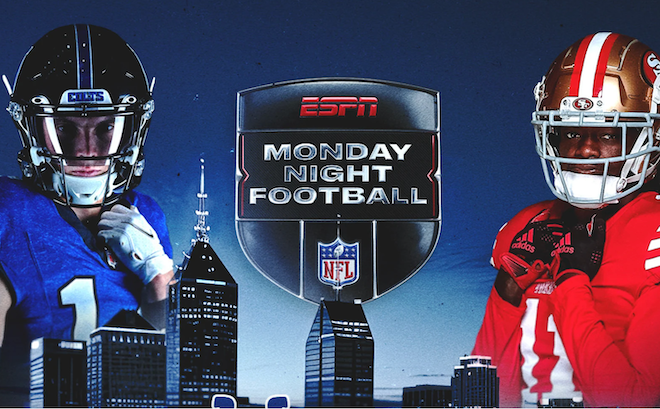Requests from actors portraying patients for medications have a “profound effect” on physicians prescribing for major depression and adjustment disorder, according to the National Institute of Mental Health (NIMH).
This suggests that direct-to-consumer (DTC) marketing of prescription medications for depression may exert significant influence on treatment decisions.
Researchers from the University of California at Davis, the University of Rochester, and the University of California at San Francisco conducted the study, which appears in the April 27 issue of the Journal of the American Medical Association.
For the study, the researchers randomly assigned actors portraying patients with symptoms of major depression or adjustment disorder to make 298 unannounced visits to 152 family physicians and general internists recruited from solo and group practices and health maintenance organizations in California and New York.
“The use of direct marketing for treatment of depression may boost familiarity with potential treatments of the disorder,” said Thomas R. Insel, M.D., director of the National Institute of Mental Health. “However, we must ensure that treatment is based on evidence-based science rather than evidence-based marketing.”
Critics of DTC marketing fear the advertisements lead to over-prescribing. Proponents believe they can serve a useful educational function. This study addresses this issue of over- or under-prescribing.



